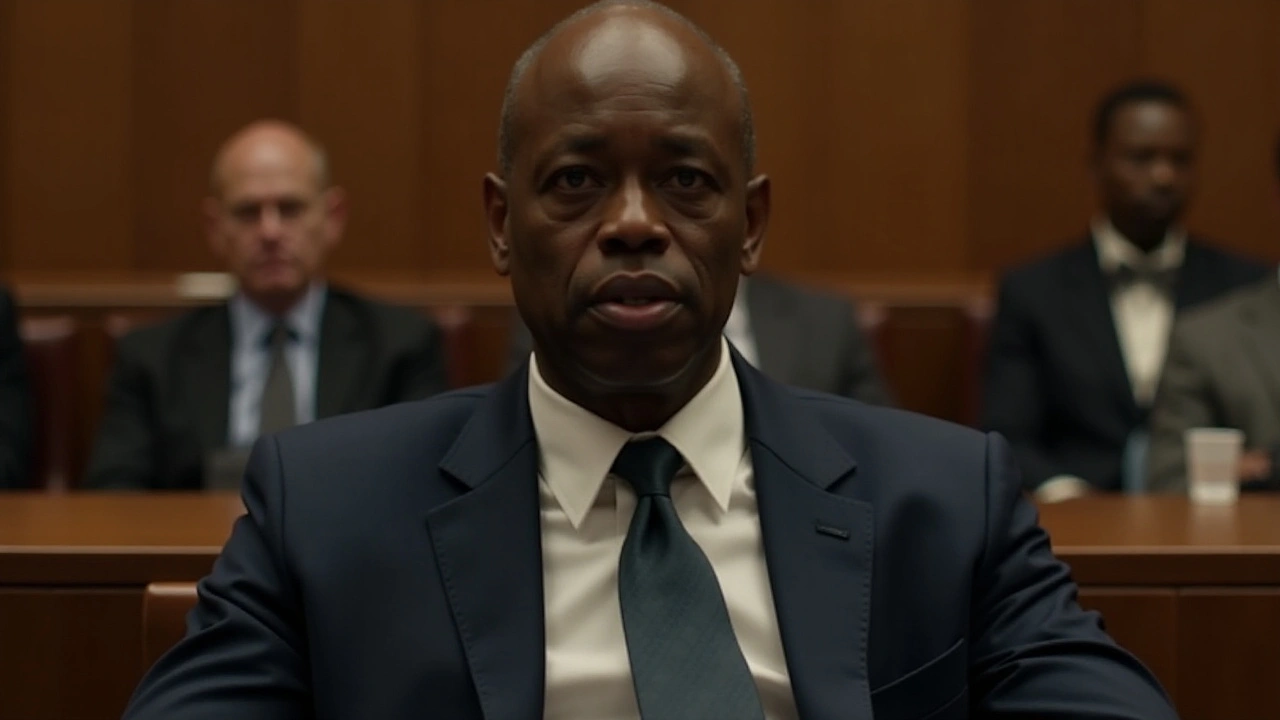Understanding Bail: Your Quick Guide
Bail is basically the money or conditions set by a court that let someone charged with a crime get out of jail while waiting for their trial. The idea? To make sure they show up in court without keeping them locked up unnecessarily. Sounds straightforward, but there’s a lot more to it than just handing over cash.
When someone is arrested, the court may set a bail amount based on the crime, flight risk, and past record. Paying bail means the arrested person can go home until the trial date. Miss the court date? The bail money could be lost, and a warrant might be issued. This system aims to balance fairness and public safety.
How Does Bail Work?
There are different ways to post bail: you can pay the full amount in cash, or use a bail bond—a deal with a bail bondsman who posts bail for a fee, usually around 10% of the total. Some courts also allow bail through property or personal recognizance, which means you promise to show up without paying money upfront.
Keep in mind, bail isn’t a punishment; it’s a legal tool to keep the court process running smoothly. Conditions can be attached too, like travel restrictions or electronic monitoring, not just money. And if someone can’t afford bail, they might have to wait in jail, which raises serious fairness questions.
Things to Watch Out For
Bail systems vary a lot depending on where you live, and reforms are happening everywhere because it can be unfair to those without cash. Also, just because bail is set, doesn’t guarantee quick freedom—there’s paperwork and sometimes delays. Lastly, if you’re involved in this process, know your rights and get legal advice right away—it can make a big difference.
Understanding bail helps you navigate what can feel like a confusing system. Whether it’s for yourself or someone you know, knowing the basics puts you a step ahead when time is critical. Keep these points in mind, and you’ll be better prepared for what’s next.

Duma Ndlovu Granted R100K Bail Amid Fraud and Tax Evasion Charges
Prominent TV and film producer Duma Ndlovu was released on R100,000 bail after being charged with fraud and tax evasion to the tune of R25-million. Known for his contributions to the South African entertainment industry, Ndlovu faces severe accusations alongside several tax practitioners. The case remains under investigation with further proceedings expected.
